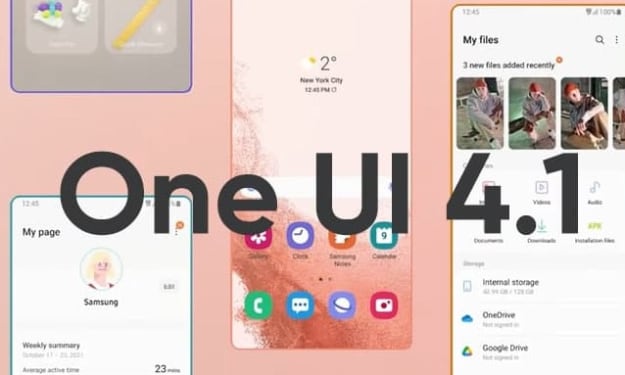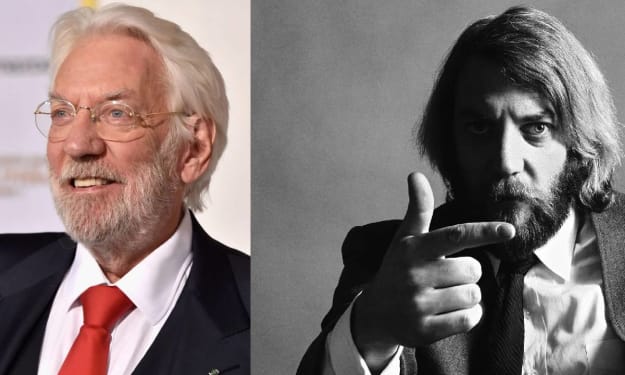The Top 5 Benefits of Music
Benefits and how music can affect your brain

Introduction: What is Music?
Music is an auditory art that has been around for thousands of years. It has evolved and changed throughout the centuries. Now, there are various types of music that satisfy different moods and tastes. Music can make you feel emotions, like happiness or sadness. The sounds in music can also help people with disabilities such as autism to feel less anxious because it stimulates their senses.Research has found that listening to music can relieve stress by triggering biochemical stress reducers.
Music often plays a key role in social activities and cultural activities.The music industry includes songwriters, performers (including orchestra, jazz band and rock band musicians, singers and conductors), sound engineers, producers, tour organizers, distributors of instruments, accessories, and sheet music.In some musical contexts, a performance or composition may be to some extent improvised.Although we can’t be sure exactly when human beings began listening to music, scientists do know something about why we do.Researchers now know that just the promise of listening to music can make you want to learn more. In one 2019 study, people were more motivated to learn when they expected to listen to a song as their reward.
1. Music can help you sleep better
Music is a powerful tool for restoring the mind and body. It has been shown to lower blood pressure and heart rate, help with focus, promote relaxation and peace of mind, alleviate loneliness and anxiety, stimulate memories and much more. Sleep music is no different; it can create a relaxing environment that helps you fall asleep faster.
2. Music can help you focus and concentrate better
Music is a powerful tool to help you work, study and focus. However, the music you listen to can affect your work in different ways. The right type of music for concentration should be mellow and engaging but not too intense or distracting. This article provides a guide for creating your own concentration playlist using these five steps.
3. Music can make you happier
Researchers have found that when a person listens to music that gives them the relaxation, it triggers a release of dopamine to the brain. And if you don’t know, dopamine is a kind of naturally occurring happy chemical we receive as part of a reward system. Now the interesting part: Dopamine is not only released during peak musical moments but also when we anticipate those moments. It’s like our brain is rewarding us for knowing a really great chorus is just about to hit!
4. Music can make you more productive at work
Music is not only used to entertain ourselves, beyond providing background noise, music has been shown to improve both productivity and cognitive performance, especially in adults. Listening to music can help people manage anxiety, become motivated and stay productive. You just need to know how to make the right playlist.“If you’re feeling really down in the morning, then find something peaceful to start with,” Nelson says. “From there, you can bring yourself into a more motivating song to achieve the state you want.”
5. Listening to the right kind of music can improve your physical health and well
Research has shown that blood flows more easily when music is played. It can also reduce heart rate, lower blood pressure, decrease cortisol (stress hormone) levels and increase serotonin and endorphin levels in the blood. There is no cure for Alzheimer’s disease or dementia but music therapy has been shown to relieve some of its symptoms. Music therapy can relax an agitated patient, improve the mood and open communication in patients. Music can meaningfully reduce the perceived intensity of pain, especially in geriatric care, intensive care or palliative medicine.
About the Creator
Enjoyed the story? Support the Creator.
Subscribe for free to receive all their stories in your feed. You could also pledge your support or give them a one-off tip, letting them know you appreciate their work.





Comments
There are no comments for this story
Be the first to respond and start the conversation.